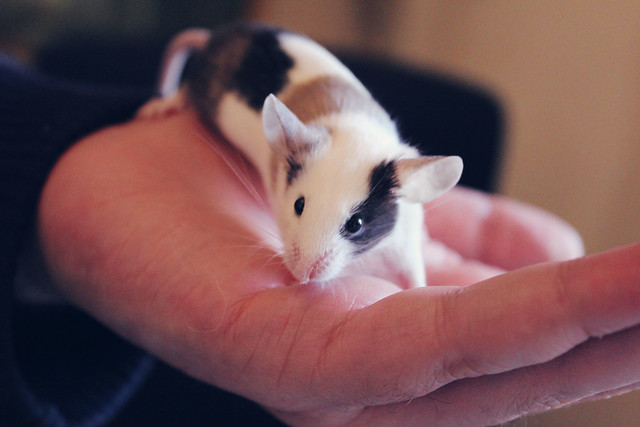Itchy eyes, a runny nose, and unstoppable sneezing fits — this is what most people imagine having a pet in a house with a kid with allergies looks like. But if your kid is sensitive to dog or cat hair, don’t give up! Not all animals are ticking time bombs for allergies. Luckily, there are many safer pet options out there.
Here at The Elite Indian, we made a list of the top 12 animals that you can probably have, even if there’s someone with allergies living in the house.
1. A rabbit


If your kid has an allergic reaction to dogs or cats, it doesn’t mean they can’t have a fuzzy playmate —consider getting a rabbit! According to research, severe allergies to rabbits are unusual, though there aren’t 100% hypoallergenic rabbits of course. There are some breeds that you can have if you suffer from less serious allergies.
2. A snake
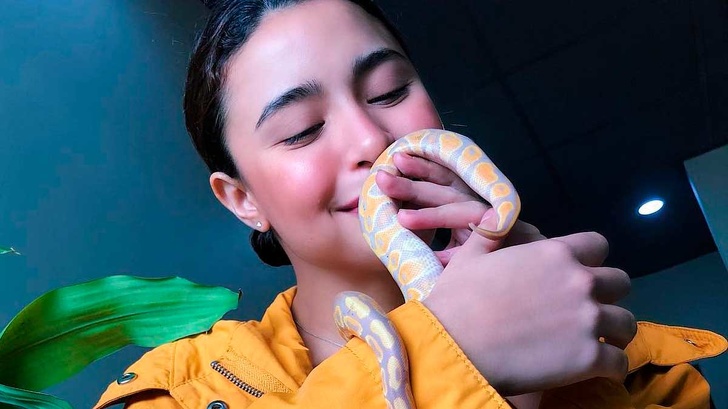
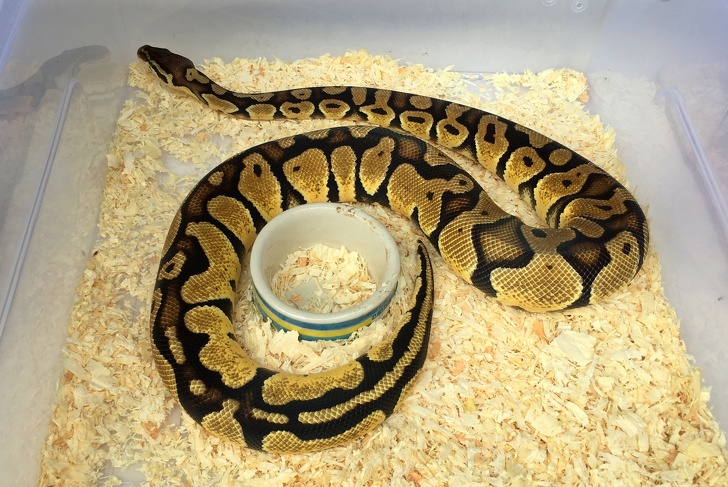
There are safer options if you don’t want to take any risks — like buying a reptile. However, you should always remember that reptiles are good for children over 10-12 years old since they can understand how to handle them and keep their hands clean after playing with the pets. Also, don’t forget that big snakes will need to feed on living animals like hamsters or mice, and that animals used as reptile food can be a source of allergies.
3. A sphynx

There’s actually no such thing as a hypoallergenic cat that is absolutely safe for those with allergies. Sphynx cats don’t have any fur to shed, though they do produce some allergens (but fewer than cats with hair) like the Fel d 1 protein that cat saliva and skin contain. To be on the safer side, you can wipe a cat down with a wet towel and give it a bath in accordance with the sphynx care tips.
4. A guinea pig

Guinea pigs are similar to rabbits in terms of allergens, but they might have proteins in their saliva and secretions that do. It’s easy to avoid problems by washing your hands after playing with the pet, keeping it out of the bedroom, and asking another family member to clean its cage. Using an air purifier might also be a good idea.
5. A hedgehog
As hedgehogs have quills, kids with allergies usually aren’t irritated by them. Most people who think they are allergic to their hedgehog are actually allergic to the bedding. According to PetMD, hedgehogs are great pets for children to interact with on a daily basis. However, please remember that keeping hedgehogs as pets is illegal in some states and countries.
6. A bearded dragon
Bearded dragons are great allergy-friendly pets since reptiles don’t have dander or hair. Plus, they like interacting with people and are easy to train. Keep in mind that reptiles can carry salmonella, so veterinarians don’t recommend getting bearded dragons for children under 5 years old. And don’t forget to wash your hands before and after playing with the pet.
7. A parakeet

If you’re considering getting a bird in order to avoid allergic reactions, it’s a good option. But remember that birds also shed dander, and there’s always a small risk with that. The safest option is a small parakeet. Specialists also recommend an Eclectus parrot, a Pionus parrot or a toucan as a pet, but whatever bird you choose, it’s important to clean the house to reduce your exposure to allergens.
8. A small dog

Sometimes people with allergies hope they can get a “hypoallergenic” dog. Unfortunately, researchers say that allergic reactions happen even in homes with allergy-friendly breeds. But since small dogs shed less hair and dander, specialists recommend choosing a small one, keeping it out of the bedroom, and bathing it once a week. It’s also better to get rid of carpets and use an air purifier.
9. A hamster

Compared to rabbits and guinea pigs, hamsters are really small rodents that shed the tiniest amount of allergens. In addition to that, most people keep small pets in cages so that the rest of the house is safe. This way, when they produce dander, it won’t get all over your house.
10. A turtle
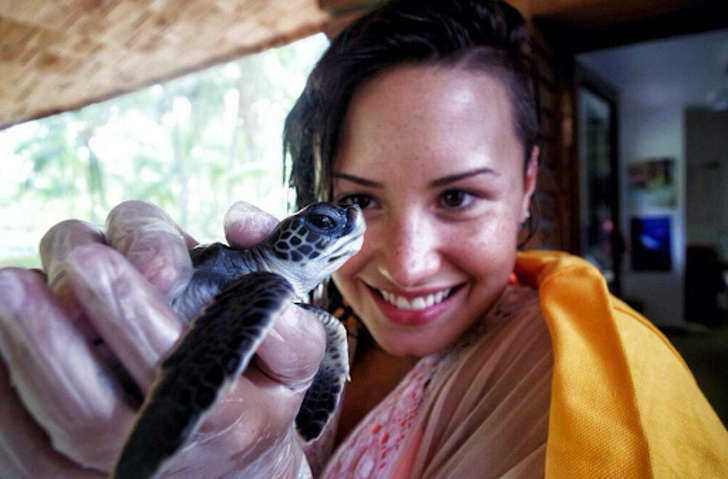
Another pet that will probably cause no allergic reactions, even in really sensitive kids, is a turtle. The pet Health Network shared that when turtles get proper care, they can live for over 50 years which means it’ll be a long-term friend for your kid. Just like other reptiles, turtles can carry salmonella, so you should always keep in mind that washing your hands after interacting with the pet is very important.
11. A mouse
Mice are mammals, so they can rarely cause allergies just like small kittens or puppies because they’re much smaller than other furry pets. Also, their allergens don’t spread around your house, as you probably wouldn’t let a mouse run around your house all day long.
12. A tarantula
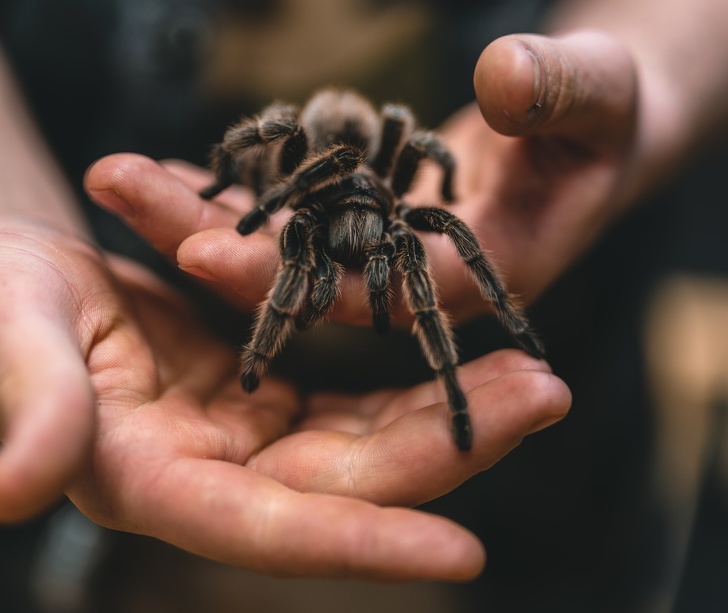
Specialists note that a lot of exotic pets are safe for allergy sufferers, including tarantulas. They’re not always the best choice, especially if you want a pet for cuddling, but if you prefer to watch something instead, these spiders are a great option.
Keep in mind that even though tarantulas can bite, the toxicity is similar to a bee or wasp sting. Still, it is possible that you could have an allergic reaction (anaphylactic shock) to even a small amount of venom from a tarantula, much as some people react badly to a bee sting.
Do you or your family members have an animal allergy? What allergy-friendly pets do you have? We’d be happy to hear from you in the comment section below!
Preview photo credit depositphotos.com

